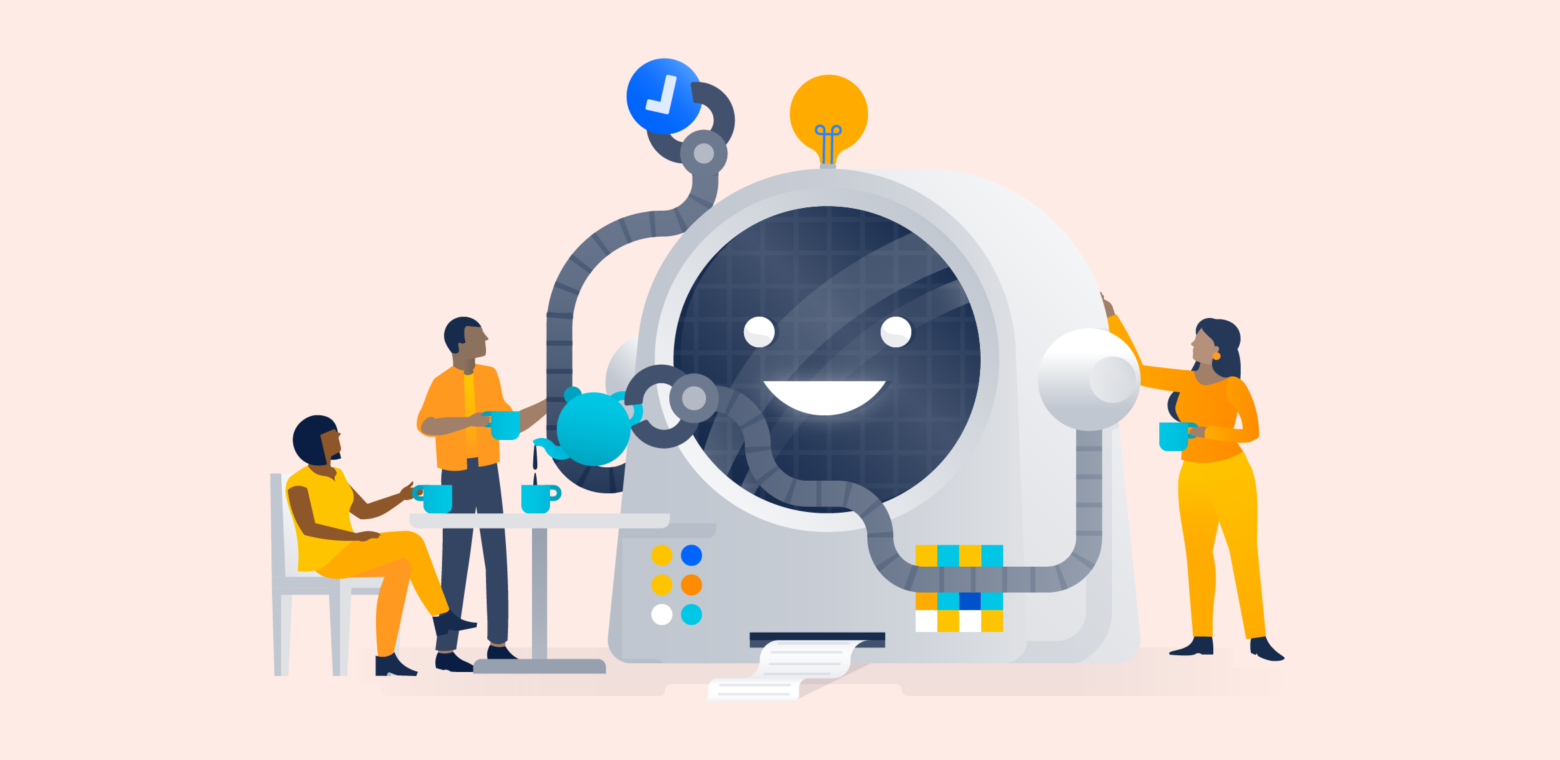The robots are coming! Use these eight articles to build your emotional intelligence and stay relevant (and employed) in the age of AI.
High emotional intelligence (EQ) gives you a massive leg up in today’s working world. The qualities that make you human – creativity, social influence, analysis, reasoning, complex problem-solving, and design thinking – are, ironically, more important now than ever in the age of artificial intelligence.
As (AI) takes over rote tasks like processing resumes or managing inventory and increasingly the more nuanced tasks too, the unique value humans offer stands out.
The robots can compete with us for certain jobs, maybe, but they still can’t feel, or empathize, or console.
What’s emotional intelligence, anyway?
Emotional intelligence is the ability to be aware of, manage, and express one’s emotions and to negotiate interpersonal relationships empathetically and tactfully with respect to the emotions of others.
Emotional intelligence is the reason customers pick up the phone when they have a question instead of engaging with a chatbot, and why you’re able to lift a teammate out of a slump with a well-timed wisecrack or two. If you’re looking to build up your EQ – and you should – these eight articles are a great starting point.
8 emotional intelligence articles to help you at work
- “That time marriage advice helped me manage my team” by Ashley Faus
- Learn about the 5 “languages of appreciation” marriage counselors have been teaching couples for decades and how you can use them to improve your workplace relationships: words of affirmation, quality time, acts of service, gifts, and physical touch (modified to be office-appropriate, obvi).
- “How emotionally intelligent leaders build a culture of trust” by Sam Jebeile
- People perform their best when they’re working with leaders and teammates they trust. A long-time manager explains the behaviors that build rapport and how to put trust into action.
- “Does your team make bad decisions? The culprit may be your conversations” by Natalie Mendes
- Great conversations are more about discovery and exchange rather than persuasion and debate. Using the “Four-Player Dialog Model”, you can have constructive discussions where nobody has to take sides.
- “13 books that disrupt stereotypes and build emotional intelligence“ by Sarah Goff-Dupont
- Listening to the stories of people different from us builds empathy, leads to a more inclusive environment, and contributes to our personal growth. It’s a great reason to read outside your comfort zone.
- “Why active listening will fix your problems at work” by Jamey Austin
- Speaking of listening to others… If you’re merely waiting for your turn to speak, you’re not building a shared understanding (or emotional intelligence, for that matter).
- “How to counteract 3 types of biases and run inclusive meetings” by Hilary Dubin
- A growing body of research shows women, people of color, remote workers, and introverts struggle to be heard in meetings. Wouldn’t it be a shame not to get their full contribution?
- “Working with introverts (written by an actual introvert)” by Season Hughes
- Introverts are often perceived as slow, anti-social, asking too many questions, and needing too much time to think. These tendencies are also what make introverts valuable, both in society and at work.
- “Working with extroverts (written by an actual extrovert)” by Blake Thorne
- Extroverts are an easy punching-bag these days. But in truth, they’re more than just the blabbermouths who keep the smart people from getting work done.
Personally, I give it five years before programs and algorithms can perform the basic functions of my job as a writer. There are already text analyzers that check my grammar and tell me if my headlines are click-worthy. It’s only a matter of time before AI can just write the whole thing.
It still takes emotional intelligence to deliver a good joke or give us all the feels, though. What just might save my career – at least for another few years – is that oh-so-important humanity.

